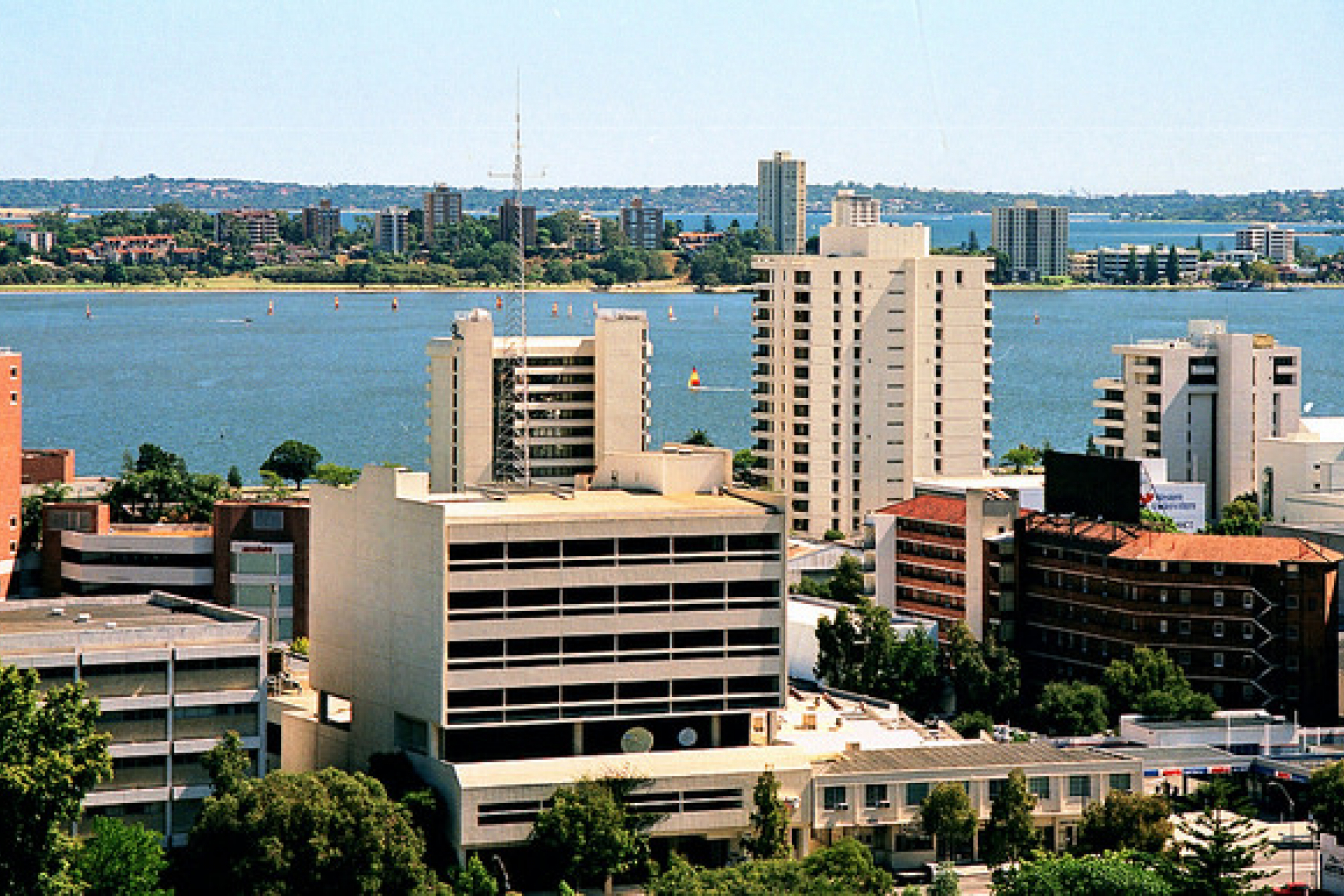 • Watch This Video
• Watch This VideoThe Council of Australian Governments has taken up the controversial issue of making more changes to visa and immigration laws to allow semi-skilled workers and guest workers to enter the country. Until now, Australia (along with its neighbour, New Zealand) have been aggressively competing with other western nations for skilled workers, with 150 foreign workers currently arriving every day.
Recently there have been shortfalls in categories of workers not requiring higher-level skills. More mundane positions are going unfilled, such as truckers, mine workers, and other blue-collar jobs. There have been several reports this year of companies and hiring organizations exploiting loopholes in the law to bring in unskilled and low-skilled workers.
Now the government is considering whether to make the policy official.
Australia is enjoying an economic boom in several areas, notably resource mining and energy. Due in large part to growth in these industries and general economic growth, the government has also taken in quite a bit of tax revenue. This has resulted in some of the lowest taxes on individual income in 25 years, at 17.3% for most people.
Economic growth is seen as continuing to grow for the next decade or longer. The result of this growth will be an increasing need for labourers in many sectors, including transportation, for one example. It is expected that the demand for truckers will double, which will result in a shortage of truckers as there are not enough home-grown Australians to fill these vacancies.
The Federal Immigration Department is considering extending the 457 visa program to now allow semi-skilled workers to come to Australia to do jobs like driving trucks and working on farms.
The move is not without controversy.
Trade unions counter that this move will do little more than to suppress wages for Australians. There is concern that standards of working conditions and benefits will be lowered. Among the concerns is that jobs may not be advertised locally, meaning that only foreign workers would know about them before they are filled.
However, the reality is that tens of thousands of workers are needed to fill these jobs. Regarding the trucking industry, it is expected that the freight movement on Australian roads will more than double in 15 years, requiring an equivalent increase in drivers. The Road Transport Industry Group, the Australian Trucking Association, is lobbying heavily to allow more workers in under a 'semi-skilled' category, calling it the "only" viable short-term solution.
The draft of the new skills category document, the ANZSCO, is currently being considered. ANZSCO will replace the existing Australian Standard Classification of Occupations (ASCO) Second Edition and the New Zealand Standard Classification of Occupations (NZSCO) 1999 used in Australia and New Zealand, respectively. ANZSCO is intended to provide an integrated framework for storing, organising and reporting occupation-related information in both statistical and client-oriented applications, such as matching job seekers to job vacancies and providing career information.
Related:• Australia needs more migrants to boost economy
• Foreign workers flood Australia
• Australia's skilled immigration policies working
• Australian employers taught how to employ immigrant labour




